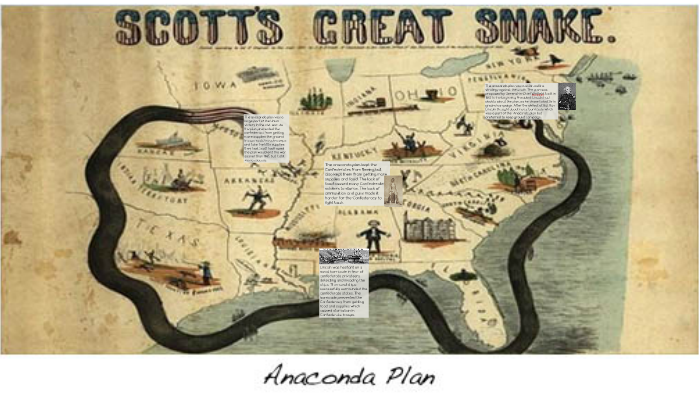

All men had to sign a parole stating that they would not take up arms against the U.S. At 10:00 am, on July 4, 1863, the weary Confederates put down their weapons and marched out of their fortifications to be paroled. Later that evening, Grant sent word to Pemberton that he would parole the Confederate forces. On July 3, General Grant and Pemberton met beneath an oak tree near the Third Louisiana redan, to discuss terms of surrender. Through constant bombardments into the besieged city, surrender terms were finally sought by Confederate General John C. Grant relied on the gunboats and ironclads for firepower and the transports to move men and supplies. The success of Grant’s operations depended on an unprecedented cooperation of the Army and the Navy. Grant’s plan included tunneling beneath Vicksburg’s garrison to place charges of black powder and destroy fortifications. He later wrote, “ I now determined upon a regular siege, to ‘outcamp the enemy,’ as it were, and to incur no more losses.” Vicksburg was cut off from supplies and communications. The term "Anaconda" was a derisive name, originally coined by the press mocking the General-in-Chief Winfield Scott for how long the plan would take to implement.Īfter two unsuccessful attacks against Vicksburg in May 1863, Grant concluded that Vicksburg could not be taken by storm. It included blockading Southern coasts and securing control of the Mississippi River. It was called the “Anaconda Plan” as it would strangle the Confederacy by cutting it off from external markets and sources of material. Union General Winfield Scott proposed a plan to achieve a Northern victory. I am acquainted with that region and know what I am talking about, and, as valuable as New Orleans will be to us, Vicksburg will be more so.” It means hog and hominy without limit, fresh troops from all the states of the far South, and a cotton country where they can raise the staple without interference.

We can take all the northern ports of the Confederacy, and they can defy us from Vicksburg. The war can never be brought to a close until that key is in our pocket. Jefferson Davis described it as “ the nailhead that held the South’s two halves together.” President Lincoln recognized the importance of capturing Vicksburg, saying, “ See what a lot of land these fellows hold, of which Vicksburg is the key. Vicksburg sits high on the bluffs of the Mississippi River. land and naval forces played a significant role in determining the outcome of the Vicksburg campaign, and therefore the Civil War, this nation’s greatest struggle to define itself.


 0 kommentar(er)
0 kommentar(er)
